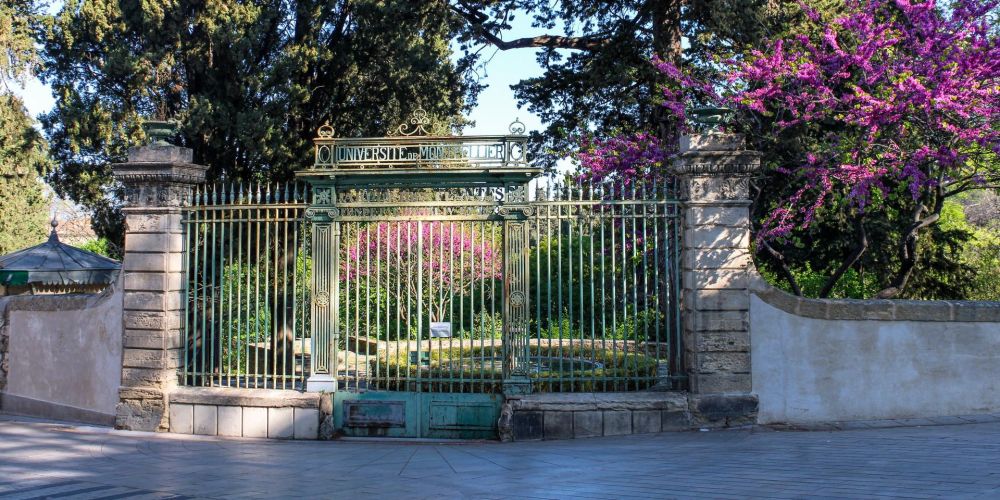

Nestled in the heart of Montpellier, France, the Jardin des Plantes de Montpellier is not only a haven of botanical beauty but also a site steeped in historical significance, particularly in the realm of tourism. Established in 1593 by Pierre Richer de Belleval, a professor of botany and medicine, it is recognized as the oldest botanical garden in France. Initially designed as a resource for medical students to study medicinal plants, the garden quickly evolved into a hub for botanists and plant enthusiasts from around the world.
With the advent of the Grand Tour in the 18th and 19th centuries, a cultural phenomenon where the European elite would travel through cities known for their cultural and educational value, Montpellier became a must-visit destination. The Jardin des Plantes de Montpellier emerged as a key attraction, luring travelers with its exotic collections and the pioneering research in botany and horticulture that took place within its grounds.
Over time, the garden expanded and diversified its collections, including tropical species that piqued the curiosity of travelers. It served not only as an educational institution but also as a social space where philosophers, scientists, and tourists could mingle and exchange ideas. The garden's landscaping, featuring a blend of French formal and English informal styles, has been meticulously preserved, allowing visitors to step back into an era of exploratory elegance.
Today's tourism trends at the Jardin des Plantes de Montpellier reflect a growing desire for sustainable and educational travel experiences. Visitors are increasingly interested in the garden's role in conservation, its historical significance, and its contribution to scientific research. The Jardin des Plantes de Montpellier caters to this trend by offering guided tours, educational workshops, and seasonal exhibitions that highlight the importance of biodiversity and ecological balance.
Moreover, to align with contemporary tourism trends toward digital engagement, the Jardin des Plantes de Montpellier has embraced technology by offering virtual tours and interactive apps that enhance the visitor experience. These tools enable tourists to delve deeper into the history and science behind the garden's remarkable plant collection from anywhere in the world.
Recent years have witnessed a surge in interest for local and experiential travel, with tourists seeking authentic, community-integrated experiences. The Jardin des Plantes de Montpellier has responded by organizing local events, such as plant fairs and artisanal markets, creating an immersive cultural environment that celebrates both the historic and the contemporary spirit of Montpellier.
In conclusion, the Jardin des Plantes de Montpellier remains a testament to the enduring appeal of combining natural beauty with historical and educational enrichment. As tourism trends evolve, the garden continues to adapt, preserving its legacy while offering new ways for visitors to explore and appreciate this living museum.